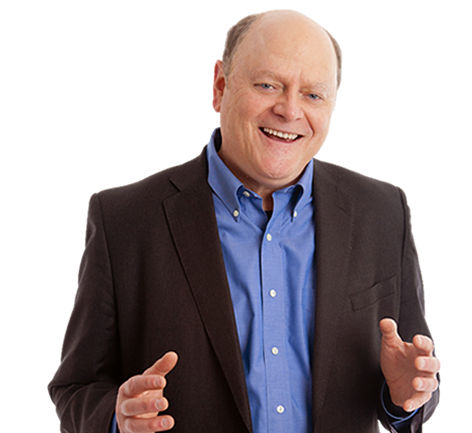Ask John Sculley, the man who fired Steve Jobs — would he do it again? Probably. As Michael Corleone once said about a fellow mobster taking sides against him just as he took power — “it’s the smart play.” MBA’s are trained to manage, and that usually doesn’t mean disrupt.
Let’s be frank, people who think different (high innovators on the KAI scale, a measure of cognitive style) are a pain in the ass. Even those who are very self-aware and have trained themselves in social graces eventually show their true colours in classic corporate settings. They can’t help it. They are less problem solvers than they are problem finders.
Many of you know that I recently posted a piece saying that if Steve Jobs Worked For You, You’d Probably Fire Him. The point of the piece is that tolerating people who think very differently is challenging — but we should anyway. The reason we should is they are the ones who tend to think up the big, exciting, groundbreaking ideas. One of the interesting reactions to the piece has been “but getting rid of these different thinkers is the ‘smart play.'” They suggest that having the different thinkers outside the company, but within close range in order to tap those big ideas, is the way to go. Eliminate the disruption, but enjoy the big idea benefits.
I don’t think so. There is a real value to having them inside the company causing trouble. Let’s look at the problems first, then look at the benefits. We often end up losing or firing highly talented people, those very “different” thinkers, because they:
- Don’t fit in
- Don’t respect rules, structures, existing processes
- Disrupt current business flow
- Cause conflict on otherwise smooth functioning teams
- Are forever suggesting ideas that aren’t on focus
- Are seen as abrasive, arrogant, passive-aggressive, etc.
If this was all they offered, those who want to fire them would be right. However, it’s not all they have to offer. The benefits of keeping these different thinkers are huge, here are Six Reasons Not to Fire Steve Jobs:
- If teams make an effort to integrate different thinkers they are dramatically enriched (it’s proven by Kirton that teams with a wider diversity of thinking styles have a higher potential for innovation)
- Different thinkers force those less fluid idea generators to up their game and stop their social loafing
- Sometimes the rules they break are rules that should be broken and represent improvement to current business ops
- Big idea people often have small ideas as well, you know, those un-risky no-brainer kind — big idea people also tend to be lots-of-ideas people
- They often have ideas that improve the ideas of others (see the first bullet), so called “amping” ideas
- While they inspire conflict, sometimes conflict needs to happen. Tuckman said that teams must go through the “storming” stage in order to get to performance (Forming, Storming, Norming, Performing).
Ultimately, you want different thinkers around because they are home run hitters (for my international readers, goal scorers). All businesses need talent who can take them to the next level — and not just as part of their vendor list.



